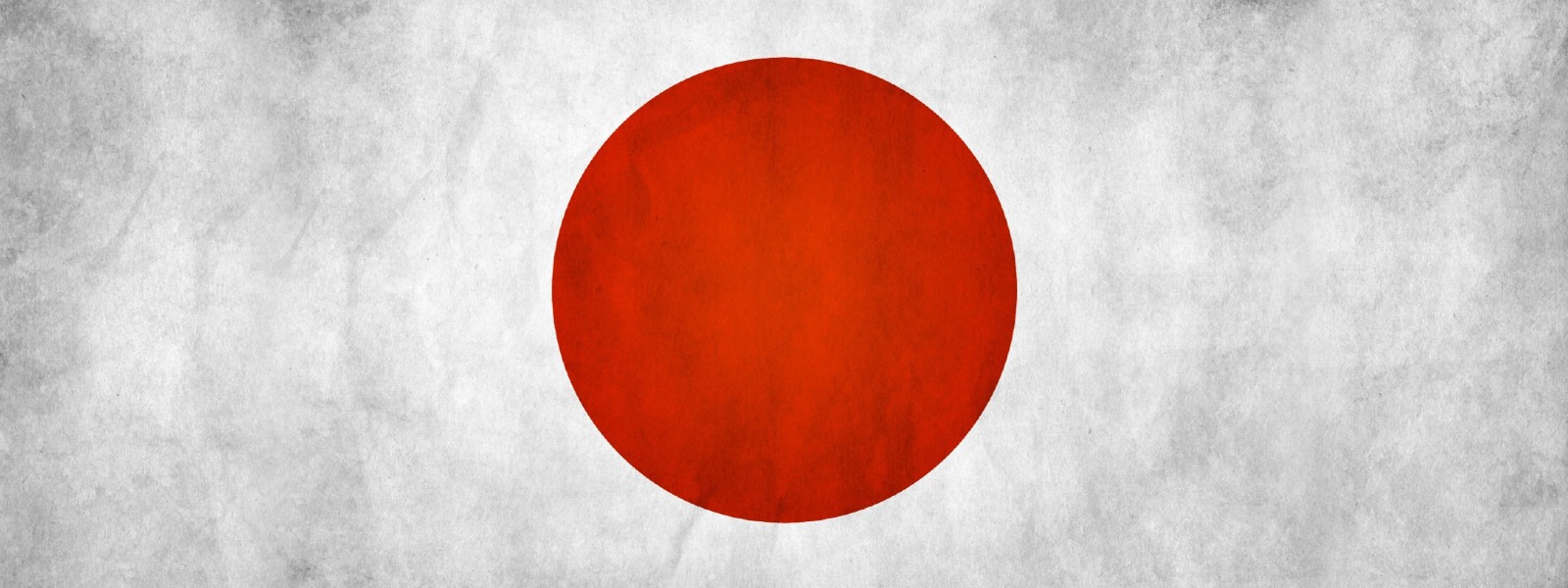.webp)

Japan Loses Top Creditor Status For First Time In 34 Years
Japan is no longer the world’s leading creditor nation - and that’s a first in 34 years! Germany has taken the top spot despite Japan's record overseas assets. Japan had held the top position since surpassing Germany in 1991.
Japan's position as the world's leading net-creditor nation over the years was due to decades of current account surpluses, leading to substantial foreign investments by Japanese entities.
According to the Ministry of Finance data quoted by Bloomberg, Japan's net external assets reached ¥533.05 trillion ($3.7 trillion) at the end of 2024, showing a 13% increase from the previous year. Although this figure was a record high, Germany surpassed it with net external assets of ¥569.7 trillion. China maintained its third position with net assets of ¥516.3 trillion.
Germany's rise to the top position is attributed to its substantial current account surplus of €248.7 billion in 2024, primarily due to strong trade performance. In comparison, Japan's surplus was ¥29.4 trillion, approximately €180 billion, according to the finance ministry.
The loss of this position indicates that whilst Japan's assets continue to grow, other nations, including Germany and China, have experienced stronger actual demand.
A nation's net foreign assets represent the difference between its overseas assets and domestic assets owned by foreigners, adjusted for currency value changes. This calculation essentially reflects the cumulative changes in the country's current account.
The euro-yen exchange rate increased by about 5% last year, amplifying the difference between German and Japanese assets when measured in yen.
On Tuesday, Minister of Finance Katsunobu Kato indicated he was not concerned about this development.
Kato explained to reporters that Japan's consistent growth in net external assets means the ranking shouldn't be viewed as a significant shift in Japan's standing.
Japan experienced growth in both foreign assets and liabilities, with assets showing stronger growth due to increased international business investments, influenced by the yen's depreciation.
The data released on Tuesday aligns with broader foreign direct investment patterns. The ministry reported that Japanese firms maintained strong foreign direct investment in 2024, particularly in the US and UK markets, with substantial investments flowing into finance, insurance and retail sectors.
Source: Times Of India
Other Articles
Featured News





.png )


-792910_550x300.jpg)
-792874_550x300.jpg)
-792768_550x300.jpg)
-792624_550x300.jpg)

-792612_550x300.jpg)
-789996_550x300.jpg)
-789879_550x300.jpg)
-789357_550x300.jpg)
















.gif)